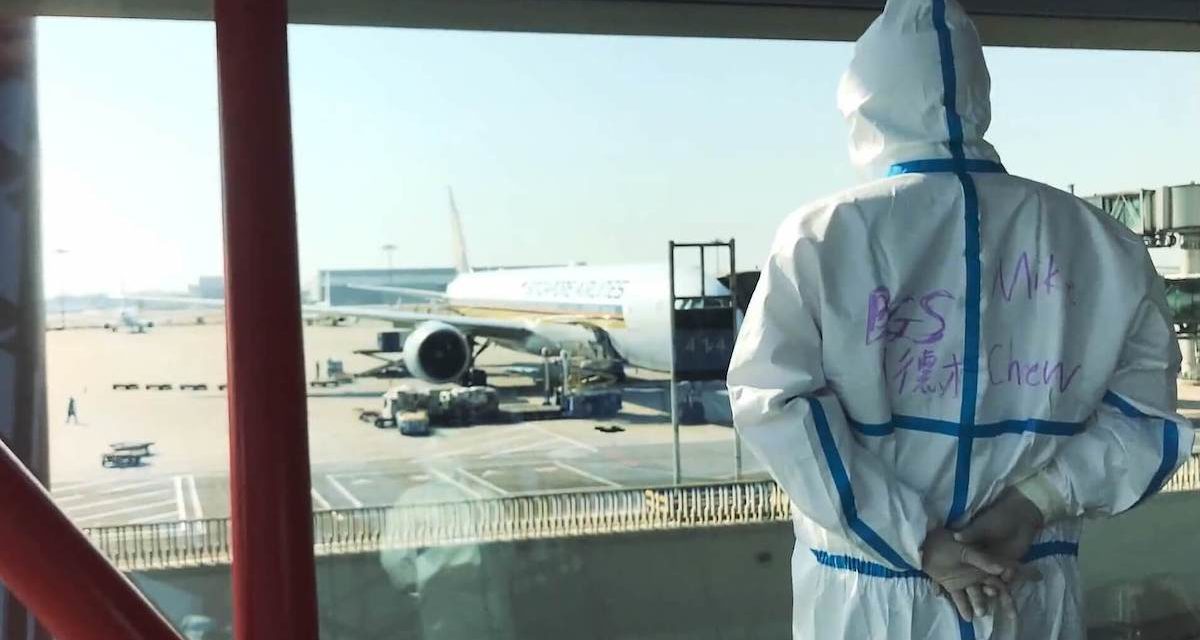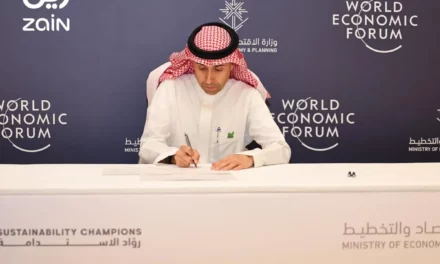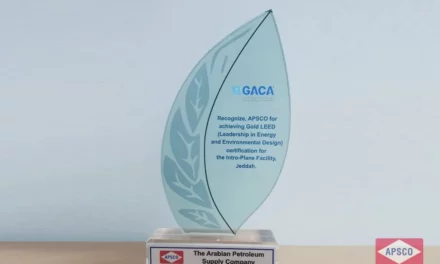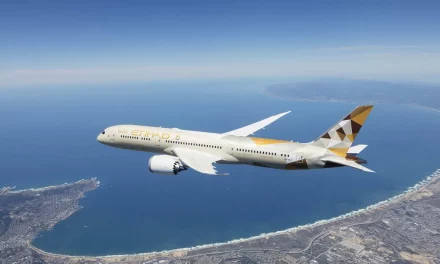
A multi-layered approach to protect passengers is vital to ensure the future of the air transport industry

The aviation industry continues to address the most challenging time in all its commercial history. We are at a point where travel restrictions are gradually easing, and air travel is resuming in varying degrees worldwide.
In the past few months, airlines have adjusted their fleet plans to align with an aviation market that has dramatically changed in the wake of COVID-19. Whilst the number of flights is gradually increasing, the industry has a long road to recovery ahead.
The air transport, logistics, and supply chain disruptions have accounted for more than a third of the decline in world trade*, according to a report commissioned by members of the G20 summit. Challenges continue to arise as the virus is gaining momentum once again across several regions around the globe. However, as indicated in Boeing’s 2020 Commercial Market Outlook, there have been signs of increased commercial aviation and services.
Due to the pandemic’s impact, the report highlights that the commercial aviation and services market will face significant challenges at the outset of the 20-year forecast but will display resilience and a return to growth over the long term. Over the next two decades, passenger growth in the Middle East is projected to increase by an average of 4.3% per year compared to the global growth of 4%.
With the Kingdom of Saudi Arabia has just hosted the G20 summit, there remain increased expectations from the host and member states to address factors that will contribute towards this return to growth, potentially leading to the global economic recovery.
According to IATA, the air transport sector in Saudi Arabia contributes 5.6% of the country’s GDP**. The recent downturn accelerated the need for the government to align with stakeholders in the aviation industry and ensure strict measures are in place to re-build and re-gain passenger confidence, boosting the commercial aviation sector.
Based on the best available data, the International Air Transport Association reported that while more than 1.5 billion passengers have flown on more than 16 million flights, fewer than 60 cases of suspected passenger-to-passenger transmissions onboard airplanes as of October 2020. Boeing, the Journal of Travel Medicine, Airbus, and public research institutions have all found minimal secondary cases related to the air travel system across more than 1.5 billion passengers since the start of the pandemic.
The Kingdom is already taking steps in the right direction to ensure the aviation sector’s smooth economic transition. The Saudi General Authority of Civil Aviation (GACA) allowed travel to resume to 33 international destinations to encourage a return to flight. GACA issued a travel manual for passengers, including steps the authorities took to ensure public health and safety. Furthermore, travel to Makkah and Madina for religious purposes also resumed, albeit under strict protocol.
To ensure travel returns to the Kingdom smoothly, Saudi airports instituted mandatory precautionary measures, including installing thermal cameras and disinfecting methods including ultraviolet technology.
Boeing launched the Confident Travel Initiative in May to work with airlines, global regulators, industry stakeholders, and infectious disease experts to address the threat from COVID-19. By working with these global partners, the CTI team ensured multi-layers of protection would help keep passengers and crew safe and restore confidence in the aviation ecosystem.
The first layer reinforces our shared commitment to protect ourselves and others by adhering to the global standard operating procedures set out by the World Health Organization: avoiding travel if feeling unwell, frequent sanitizing hands, and physical distancing when possible. In line with international recommendations and airline policies, critical passengers and crew wear masks during the flight.
The second layer protects the airplane to keep it free of viruses with routine cleaning and sanitization. Boeing provides airlines and operators with recommendations to clean and disinfect the airplane cabin, flight deck, and cargo hold. Testing by the University of Arizona determined these recommendations effectively kill the COVID-19 virus.
The third step is maintaining a healthy cabin environment in the air. Boeing aircraft are equipped with air filtration systems that draw outside air and refresh the cabin’s air every two to three minutes. Before air is directed back into the cabin, it passes through the HEPA filters, which trap over 99.9% of viruses and bacteria and prevents them from re-circulating back into the cabin.
Recently, Boeing agreed with two partners to manufacture and distribute the Ultraviolet (UV) Wand designed to disinfect flight decks, lavatories, and cabins successfully. UV light can be scanned inches away from aircraft interior surfaces where the light reaches and effectively neutralizes pathogens. Boeing designed and developed the UV wand as part of its Confident Travel Initiative (CTI) to support customers and enhance passengers’ and crews’ safety and well-being during the COVID-19 pandemic.
Boeing is also researching the use of anti-microbial and anti-viral coatings on high touch-point surfaces, which can kill microbes or prevent them from spreading. By applying these coatings on surfaces and materials in the aircraft, especially on surfaces that receive a lot of contact, like seats and bathroom fittings, Boeing hopes to introduce another layer of protection for passengers.
Across all these different development areas, the health and safety of passengers and crew remain Boeing’s top priority. The Confident Travel Initiative will continue working with international partners and stakeholders to help lead the way in aviation’s recovery.
*Source: Covid-19 Crisis: Implications for Trade and Investment
















































